- It is one of the three pilgrimage שְׁלֹשֶׁת רְגָלִים – shlo-shet r’galeem – to the holy temple in Jerusalem: פֶּסַח Pesach (Passover), שָׁבוּעוֹת Shavuot and סֻּכּוֹת Sukkot. Pilgrimage is a mitzvah mentioned in the Torah:
- In English, the holiday is called Pentecost from the word ‘penta’ – 50. Counting from the first day after Passover 7 weeks and on the 50th day we celebrate Shavuot.
- This holiday is also called: חג הַקָּצִיר – khag ha-ka-tzeer – the festival of the harvest. This time of year the wheat is being harvested. It began with the harvesting of the barley during Passover and ended with the harvesting of the wheat at Shavuot.
- It is also called: The Time of Giving the Torah. זְמָן מַתָּן תּוֹרָה – Zmahn Matan Torah . It is believed that at that time, children of Israel received the Torah at Mount Sinai – הָר סִינָי – har Si-nai. The Torah tells us that the seven-week Counting of the Omer (an ancient Hebrew dry measure, that Hebrews had to bring to the Temple), beginning on the second day of Passover, to be immediately followed by Shavuot. This counting of days and weeks is understood to express anticipation and desire for the giving of the Torah.
- It is also called יוֹם הַבִּכּוּרִים – Yome ha-bee-ku-reem – the Day of the First Fruit. The word בִּכּוּרִים comes from the root ב.כ.ר – which means ‘first’. In modern Hebrew, it is used to denote the first born – בְּכוֹר, בְּכוֹרָה. The בִּכּוּרִים were brought from the Seven Species שִׁבְעַת הַמִינִים – sheev-aht hameeneem – for which the Land of Israel is praised: wheat – חִיטָה – kheeta, barley, – שְׂעוֹרָה – s’o’rah, grapes – גֶּפֶן – gefen, figs – תְּאֵנִים – t’e-neem, pomegranates רִימוֹנִים – ree-moh-nim, olives – זֵיתִים – zey-teem and dates – תְּמָרִים – tma-reem. (Deut. 8:8).
- During Shavuot, the custom is to eat dairy. Why? there are several explanations. 1. When the Children of Israel went back down to their ‘homes’ after receiving the Torah they did not have time to prepare meat dishes that require slaughtering, waiting for the blood to dry etc. so they prepared food that was faster to make, ie., food containing dairy. 2. As the mother gives milk to her child, so God gave the Torah to his children. 3. The Torah is compared to milk by King Solomon, who wrote: “Like honey and milk, it lies under your tongue” (Song of songs 4:11).
- The night of Shavuot is called Tikkun Leil Shavuot – תִּיקוּן לֵיל שָׁבוּעוֹת where men stay all night and read from the Torah and especially from the Book of Ruth. Why? The explanation is: the night before the Torah was given, the Israelites retired early to be well-rested for the momentous day ahead. They overslept and Moses had to wake them. That is why today they are making up the damage (תִּקּוּן – repair) for not being ready on time, by studying all night long.
- The gematria (a Kabbalistic method of interpreting the Hebrew scriptures by computing the numerical value of words, based on those of their constituent letters) of the Hebrew word Khalav (חלב, milk) is 40, corresponding to the 40 days and 40 nights that Moses spent on Mount Sinai before bringing down the Torah.
- Why are we reading from the Book of Ruth? Because the story of Ruth (the grandmother of King David) is told during the season of the harvest.
- The decoration of homes and synagogues with greenery – יֶרֻק – Yerek. Why? According to the rabbis, Mount Sinai suddenly blossomed with flowers in anticipation of the giving of the Torah on its summit.
The holiday of Shavuot שָׁבוּעוֹת (lit: weeks) is a religious and an agriculture holiday – חָג – khag.
Wishing you a Happy Shavuot.
Ruti Yudovich

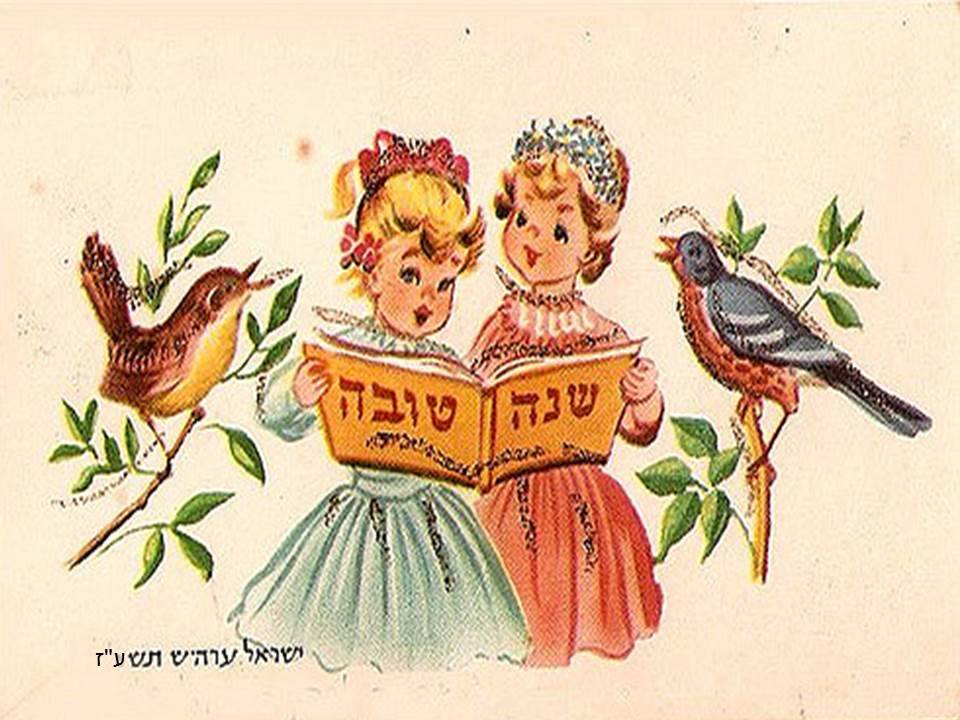 For those of you who celebrate Rosh Ha-shana, I would first like to wish you Shana tova filled with happiness, joy, health, love and peace. Shana m’leh-aht o-sher, seem-kha, b’ree-oot, ah-ha-va v’shalom. שנה מלאת אושר, שמחה, בריאות, אהבה ושלום.
For those of you who celebrate Rosh Ha-shana, I would first like to wish you Shana tova filled with happiness, joy, health, love and peace. Shana m’leh-aht o-sher, seem-kha, b’ree-oot, ah-ha-va v’shalom. שנה מלאת אושר, שמחה, בריאות, אהבה ושלום.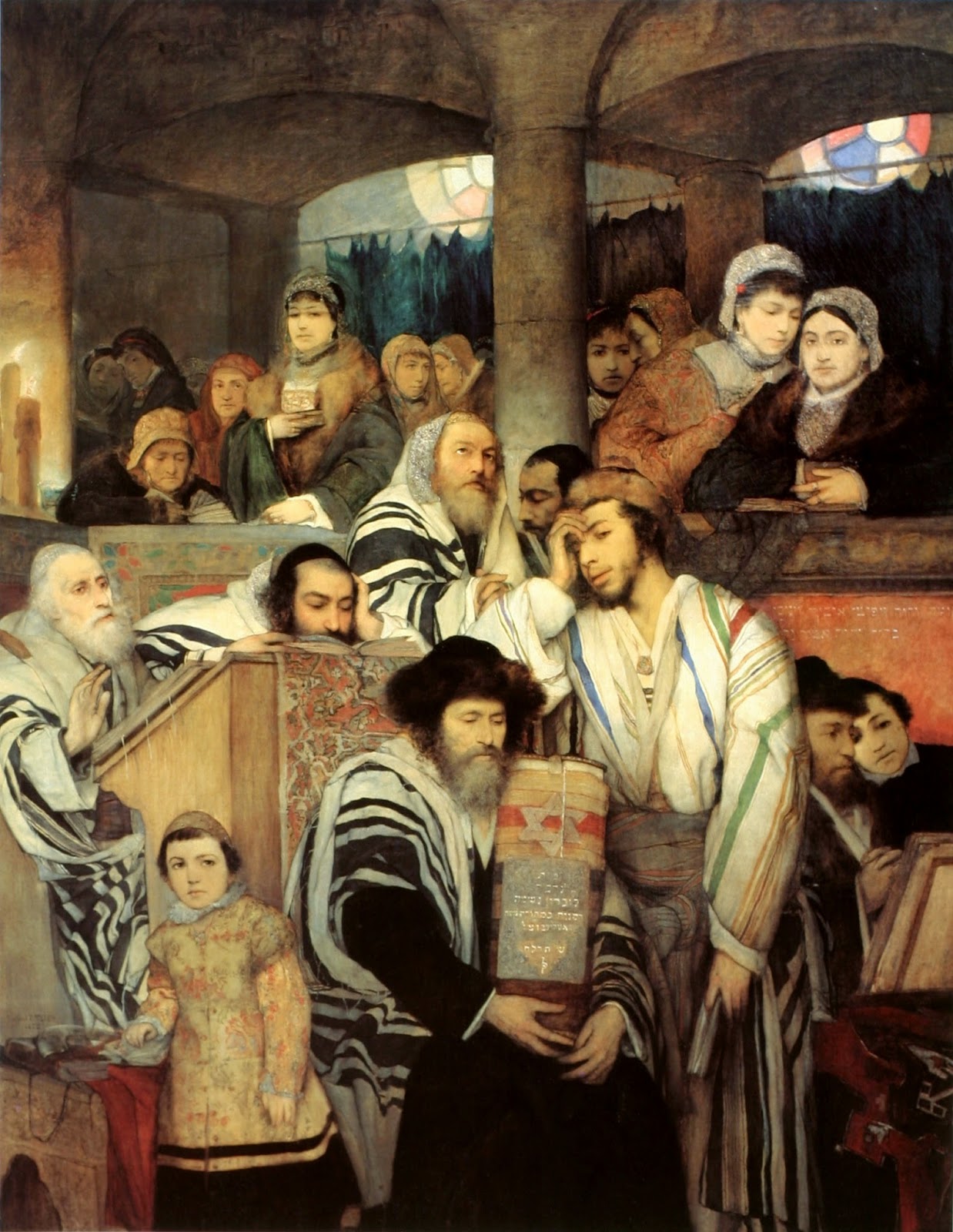 A native villager, born and reared in an obscure rural environment came to a big city for the first time and obtained lodging at an inn. Awakened in the middle of the night by the loud beating of drums, he inquired drowsily, “What’s this all about?”
A native villager, born and reared in an obscure rural environment came to a big city for the first time and obtained lodging at an inn. Awakened in the middle of the night by the loud beating of drums, he inquired drowsily, “What’s this all about?”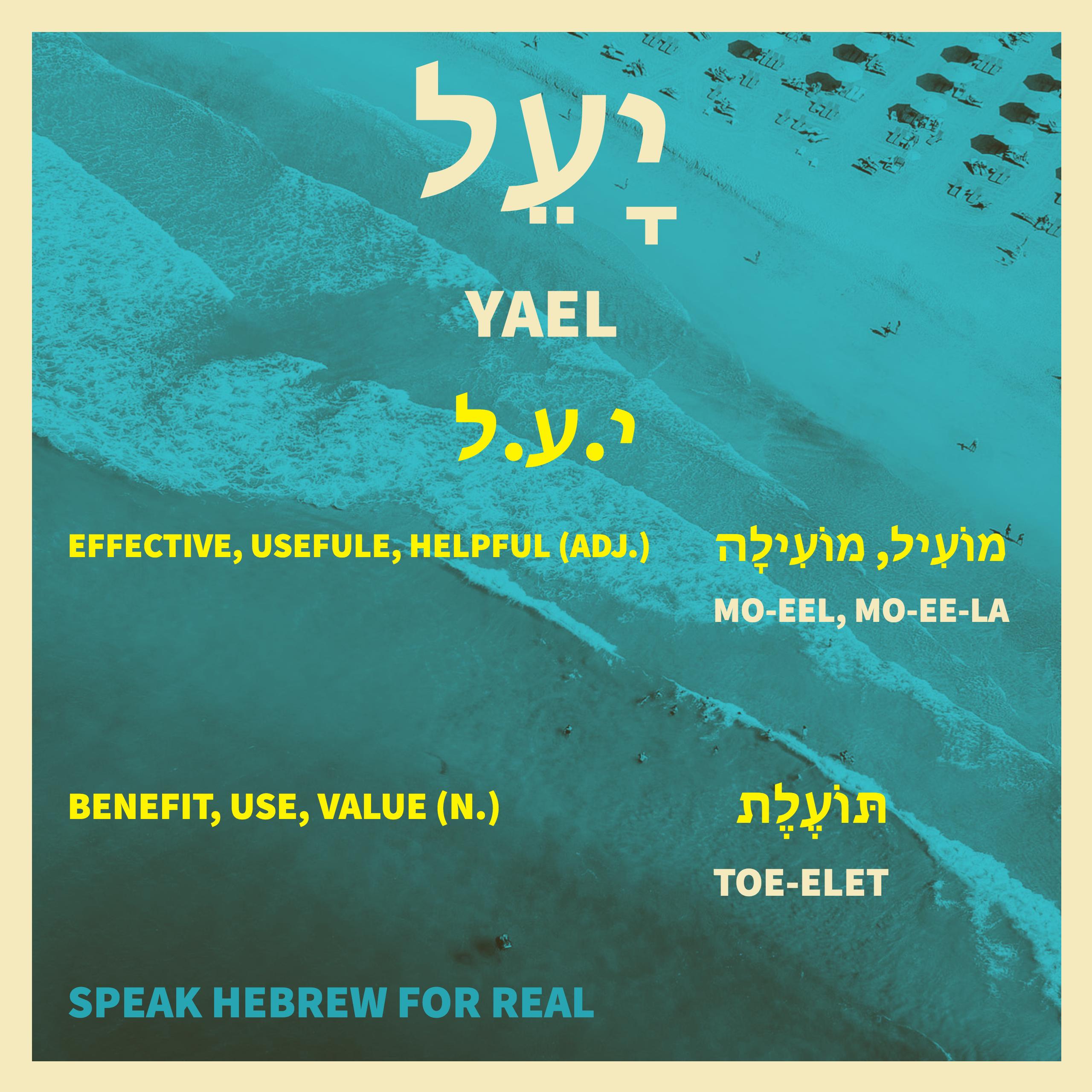 This is a story of a courageous woman named יָעֵל. She was definitely very effective – מוֹעִילה and brought substantial benefit תּוֹעֶלֶת to the Israelites. יָעֵל (also means ‘mountain goat’; Ibex) was from a nomadic tribe, some of whom lived in close proximity to the Israelites.
This is a story of a courageous woman named יָעֵל. She was definitely very effective – מוֹעִילה and brought substantial benefit תּוֹעֶלֶת to the Israelites. יָעֵל (also means ‘mountain goat’; Ibex) was from a nomadic tribe, some of whom lived in close proximity to the Israelites.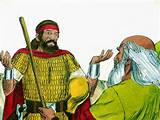 Ever heard the saying “Head and shoulder above the crowd? Well… this phrase described King Saul, הַמֶּלֶךְ שָׁאוּל, the first king of the Hebrews. In Hebrew, this phrase is translated to מִשִּׁכְמוֹ וַמַעְלָה, it literally means ” שֶׁכֶם -from the area between his shoulders (under the nape) and above מַעְלָה.” This expression is used today in modern Hebrew to denote one who is way above the rest; one who has remarkable abilities and qualities. It can also be said for a woman מִשִׁכְמָה וַמַעְלָה.
Ever heard the saying “Head and shoulder above the crowd? Well… this phrase described King Saul, הַמֶּלֶךְ שָׁאוּל, the first king of the Hebrews. In Hebrew, this phrase is translated to מִשִּׁכְמוֹ וַמַעְלָה, it literally means ” שֶׁכֶם -from the area between his shoulders (under the nape) and above מַעְלָה.” This expression is used today in modern Hebrew to denote one who is way above the rest; one who has remarkable abilities and qualities. It can also be said for a woman מִשִׁכְמָה וַמַעְלָה. A while ago I started a series of blogs about Hebrew names, their meanings, and words that derived from them. I am continuing this series as I think that it is a wonderful way to expand your Hebrew vocabulary and an easy way to remember words.
A while ago I started a series of blogs about Hebrew names, their meanings, and words that derived from them. I am continuing this series as I think that it is a wonderful way to expand your Hebrew vocabulary and an easy way to remember words. The hardest part of learning Hebrew as a second language is the conjugation of verbs.
The hardest part of learning Hebrew as a second language is the conjugation of verbs. Shalom,
Shalom,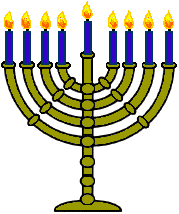 Hanukkah; Chanukah; Hannukah etc. חֲנוּכָּה, comes from the Hebrew word: חָנַךְ – khanakh – which means: dedicate, from the sense: formally open or unveil (a building or memorial). The Maccabees cleanse the Temple after it was defiled by the Assyrian Greeks and on the 25th of the month of Kislev, כ”ה בְּכִּסְלֵו – kaf hey bekislev – they formally opened (unveiled) the temple בֵּית הַמִּקְדָשׁ – beit hamikdash.
Hanukkah; Chanukah; Hannukah etc. חֲנוּכָּה, comes from the Hebrew word: חָנַךְ – khanakh – which means: dedicate, from the sense: formally open or unveil (a building or memorial). The Maccabees cleanse the Temple after it was defiled by the Assyrian Greeks and on the 25th of the month of Kislev, כ”ה בְּכִּסְלֵו – kaf hey bekislev – they formally opened (unveiled) the temple בֵּית הַמִּקְדָשׁ – beit hamikdash.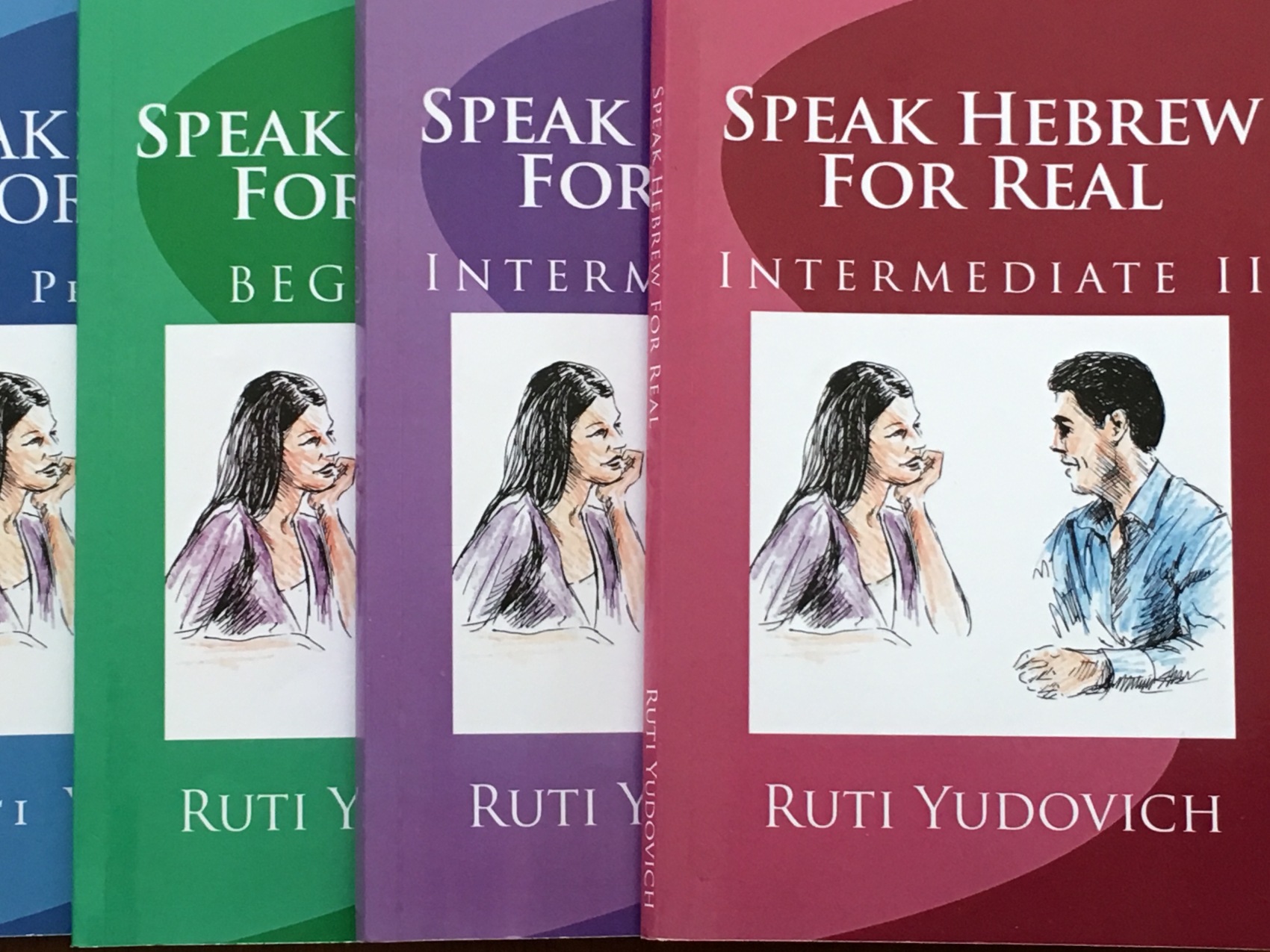 When I first came to live in the USA, good American friends would correct my grammar. One time when I said: “I read that book”. My friend told me that it was more correct to say: “I have read that book”. “But why?” I asked. “Both are in the past, why do I have to say: I have read? How come you guys have so many ways to say the Past Tense when Hebrew has only one way?” After some hesitation she said: “It just sounds better.”
When I first came to live in the USA, good American friends would correct my grammar. One time when I said: “I read that book”. My friend told me that it was more correct to say: “I have read that book”. “But why?” I asked. “Both are in the past, why do I have to say: I have read? How come you guys have so many ways to say the Past Tense when Hebrew has only one way?” After some hesitation she said: “It just sounds better.” Have you ever heard someone saying: I have snot? For sure not in the USA nor in England or any other English-speaking countries, as it is quite vulgar. Instead, you would hear something like: “I have a runny nose.” or: “My nose is running.”
Have you ever heard someone saying: I have snot? For sure not in the USA nor in England or any other English-speaking countries, as it is quite vulgar. Instead, you would hear something like: “I have a runny nose.” or: “My nose is running.”